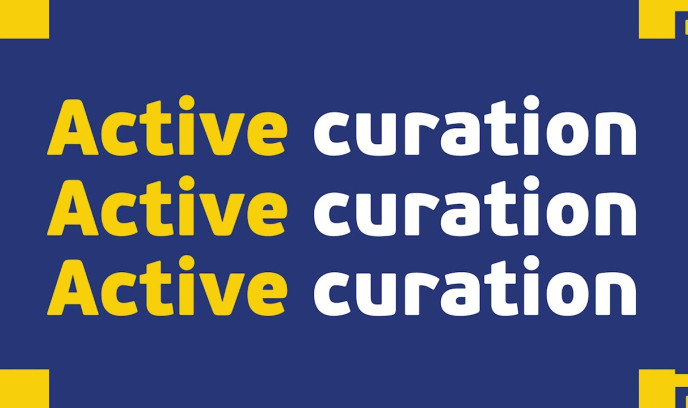Persistent Identifiers
Your data always findable

Advantages
Make your data FAIR
Scalable
Customised advice
Do you have a question about Persistent Identifiers? Get in touch.
PIDs in brief
Always findable
Data belonging to a particular publication may be housed in different data centres and captured on different media. Moreover, storage locations may change. One of the most important functions of a PID is that it has a fixed reference to the underlying data, wherever it is located. Even if the storage location or physical form changes.
We copied the entire seismology archive (about 30TB) to SURF's archive. Persistent identifiers were added to the dataset at the same time. This will improve the long-term availability of data.
How it works.
- We use the Corporation for National Research Initiatives' (CNRI) open handle software as the underlying structure.
- PIDs consist of a prefix and a suffix that together form a unique string for each PID. You can request the prefix, the first part of the code, from SURF. The prefix is your property. Under one prefix, you can generate as many suffixes as you want for one fixed amount.
- We act as host of the PIDs. This means that we store the object location and/or metadata of each PID. The PIDs are replicated both internally at SURF and externally through the ePIC consortium to ensure persistence and availability.
- You can create, edit, search and delete PIDs. This can be done via an HTTPS-based RESTful interface API, python library or UI.
- The PID resolver can be accessed via an HTTP interface. This allows anyone to use their browser or the curl command to retrieve and view PIDs.
Do it yourself or via SURF
- An external party can link software (e.g. collection management systems) to our PID service for easy integration and administration of PIDs.
- Data stewards at your institution can manage PIDs via our API, supported python library or UI (this requires some programming knowledge).
- Add PIDs to your datasets through our integrations with other SURF services such as SURF Data Repository or Yoda Hosting.
Remember that you remain responsible for the integrity of the PIDs and associated data objects, especially if your data is moved or updated. Your data manager should ensure that PID references remain up-to-date.
Customised advice
If you use PIDs, you can count on our support. For instance, we can help you create PIDs and advise you on how to make your data as findable as possible. To determine which PID system is most suitable for your situation, you can use the Digital Heritage Network's PID guide.
Rates
View the tariffs of this service.
SURF Services and rates 2026
View the tariffs of this service.

